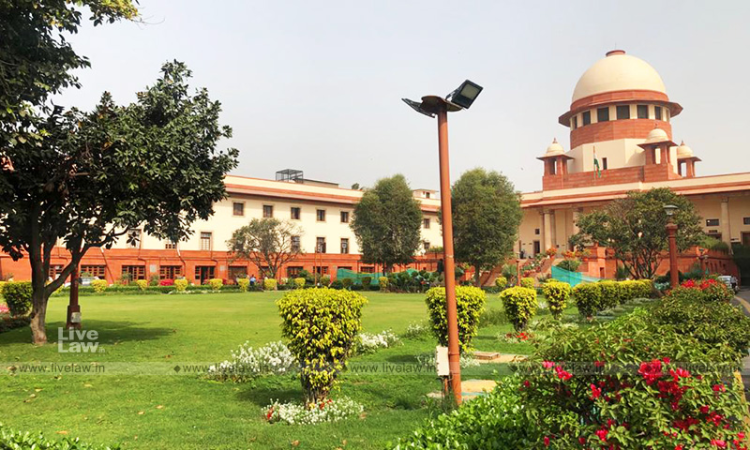SC Dismisses Challenge Against Delhi HC Decision Holding That Widow's Right To Compensation For Husband's Death Will Not Abate After Re-Marriage
Mehal Jain
10 April 2021 11:10 AM IST

The SC dismissed the SLP 'in peculiar circumstances of the case'
Next Story


